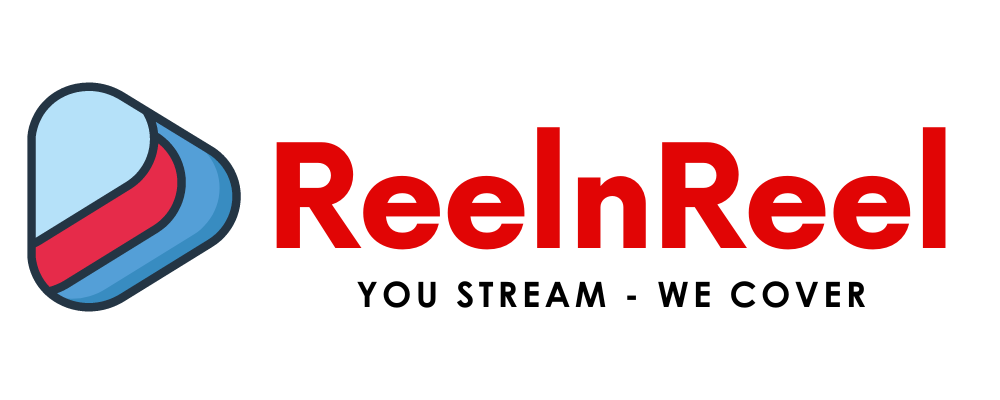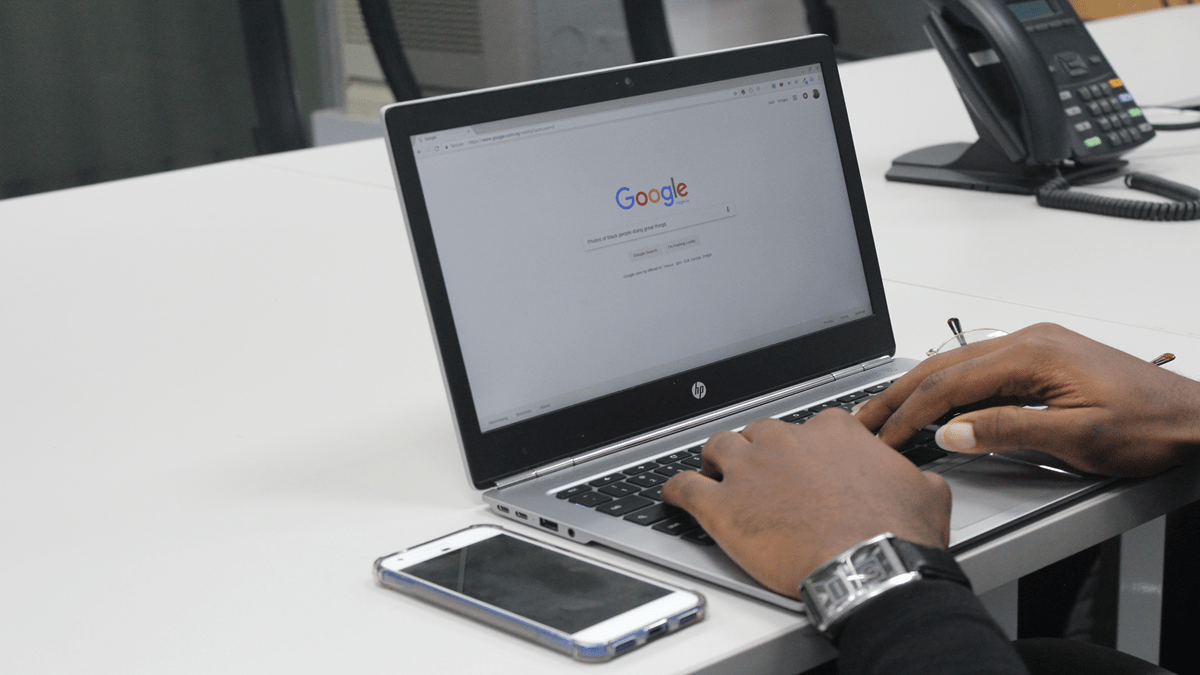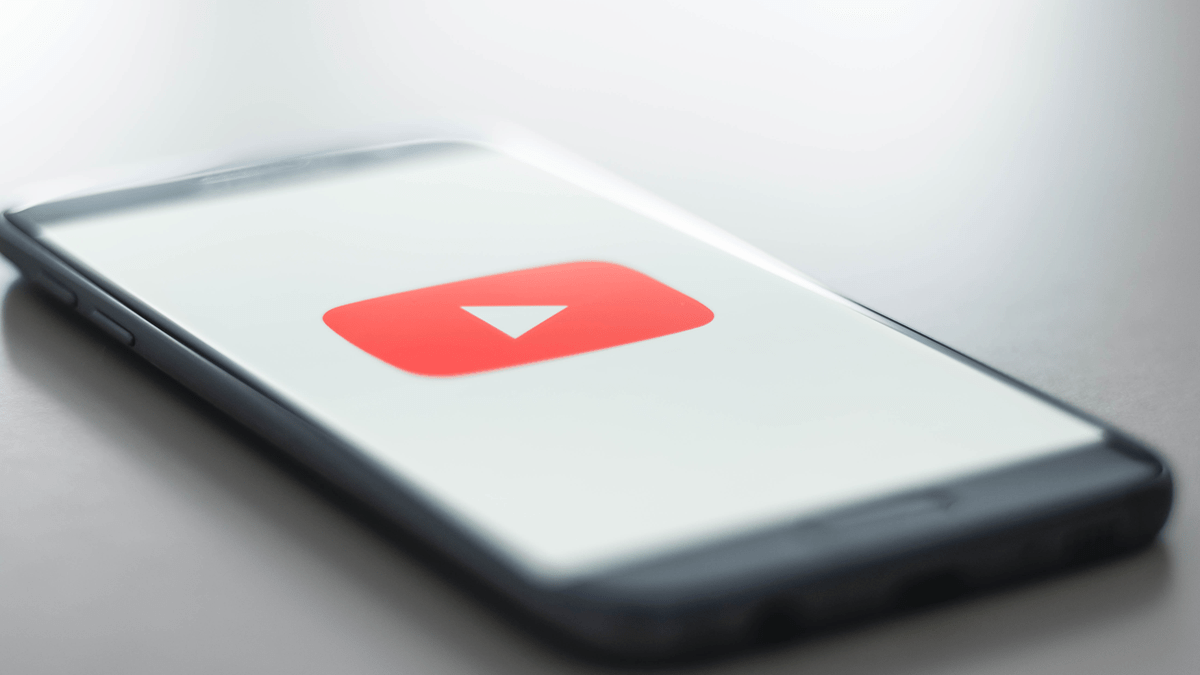Have you ever had someone make a copyright claim against one of your YouTube? You need help with your legal rights and handling the situation.
Here, we will discuss in-depth what happens when a copyright claim is made against you on YouTube and the steps you can take to protect yourself.
What do You need to Know About YouTube Claims?
YouTube claims are notifications from copyright owners or representatives when they believe someone has used their copyrighted material without permission.
These notifications usually come in the form of a “claim” or a “takedown notice,” which means that your video has been taken off of YouTube temporarily until you dispute the claim or take action to resolve it.
It is important to note that these claims do not necessarily mean that you are infringing on the copyright; instead, they suggest that someone has claimed your video and believes it contains their copyrighted material.
However, accepting the claim may be more beneficial than disputing it in some instances.
A typical example is when music is used in a video without permission; even though technically this could constitute a copyright violation, some artists and labels allow creators to use their music royalty-free (as long as credit is given).
In these cases, accepting the claim might be easier (and cheaper!) than going through the hassle of disputing it.
How To Handle A Claim?
If you receive a claim on one of your videos, don’t panic! You can take several steps to handle the situation properly and legally.
First, review the claim details carefully and ensure you understand exactly what material has been flagged as an infringement of copyright law.
Then, contact whoever issued the claim directly via e-mail or other channels provided by them (such as filing an appeal) and explain why you believe your video does not infringe upon any copyrights – remember to provide evidence such as screenshots.
From other sources with similar content as well as links demonstrating how long ago it was posted online, etc.,
If necessary). If all else fails and neither party can reach an agreement, consider consulting an attorney to resolve this issue quickly and efficiently.
Understanding YouTube Claims and the Law
Have you ever been hit with a YouTube claim or copyright strike? If so, you may be wondering what your legal rights are and what options are available.
YouTube’s rules can be confusing and difficult to navigate, but it’s essential to understand them to protect yourself from potential legal issues.
Let’s examine how YouTube claims work and your options as an affected creator.
What Can I Do if I Get a YouTube Claim?
If you receive a YouTube claim, don’t panic! There are several ways to handle it, depending on the type of claim you receive and whether or not you agree with it.
The first step is always to review the details of the declaration carefully before taking any action.
Suppose you believe your use of copyrighted material falls under fair use or another exception to copyright law. In that case, you may dispute the claim by providing evidence in your favor.
However, if you do not feel confident in your ability to deny the claim, it might be best to accept it and move on.
You also have other options, such as seeking legal advice from an attorney specializing in intellectual property law or consulting with an experienced media lawyer who can help guide you through the process.
If necessary, they may be able to represent you in court. Some third-party services offer assistance with dealing with YouTube claims and determining whether or not they have merit.
How Does YouTube Handle Copyright Claims?
When someone makes a copyright claim against one of your videos on YouTube, it’s important to remember that YouTube is not a court of law and does not offer legal advice or representation.
If your video is flagged for infringement, it’s up to the claimant (the party who made the copyright claim) to prove their case in court—not.
YouTube. So even if they have made a valid claim against your video, they may still need to take additional steps before they can successfully sue you for damages.
When copyright owners flag your video on YouTube, they can choose whether to take down the video or mute it and leave it up.
However, if you disagree with their decision or believe their claim was made in error (for example, if you do have the right to use the content in question), you can appeal their decision by filing a “counter-notification.”
This will notify both parties involved of your disagreement and allow further negotiation.
What You Need to Know
If you’re a content creator on YouTube, there’s a chance that you’ve run into YouTube claims.
YouTube is full of copyright laws and regulations that can be confusing for even the most experienced content creators.
Many people need help with their rights and options when protecting their creative works online.
We will break down what you need to know about YouTube claims and the law so that you can protect your work while staying within the bounds of the law.
What Are Your Legal Rights?
If someone has made a valid copyright claim against one of your videos on YouTube and is now threatening to sue you for damages.
Then you must understand your legal rights to avoid being taken advantage of.
For starters, under US copyright law, claimants must prove ownership and authorization of all copyrighted works used to succeed in their lawsuit.
Claimants must also demonstrate that there was no fair use or other exemption available which would have allowed them to use the material without permission from the original owner(s).
Claimants must also be able to prove actual damages—which means they must prove that they suffered some financial losses.
Due to your alleged infringement before they can successfully sue you for monetary damages.
Conclusion:
It’s easy to feel overwhelmed when faced with a copyright claim against one of your videos on YouTube—especially if the claimant threatens legal action.
But understanding your rights and how best to defend yourself can help put those fears at ease. Remember:
Claimants must prove ownership and authorization before taking further action; fair use exemptions may apply;
And actual damages must be demonstrated before money changes hands. With this knowledge, navigating this tricky situation will be easier than ever!





